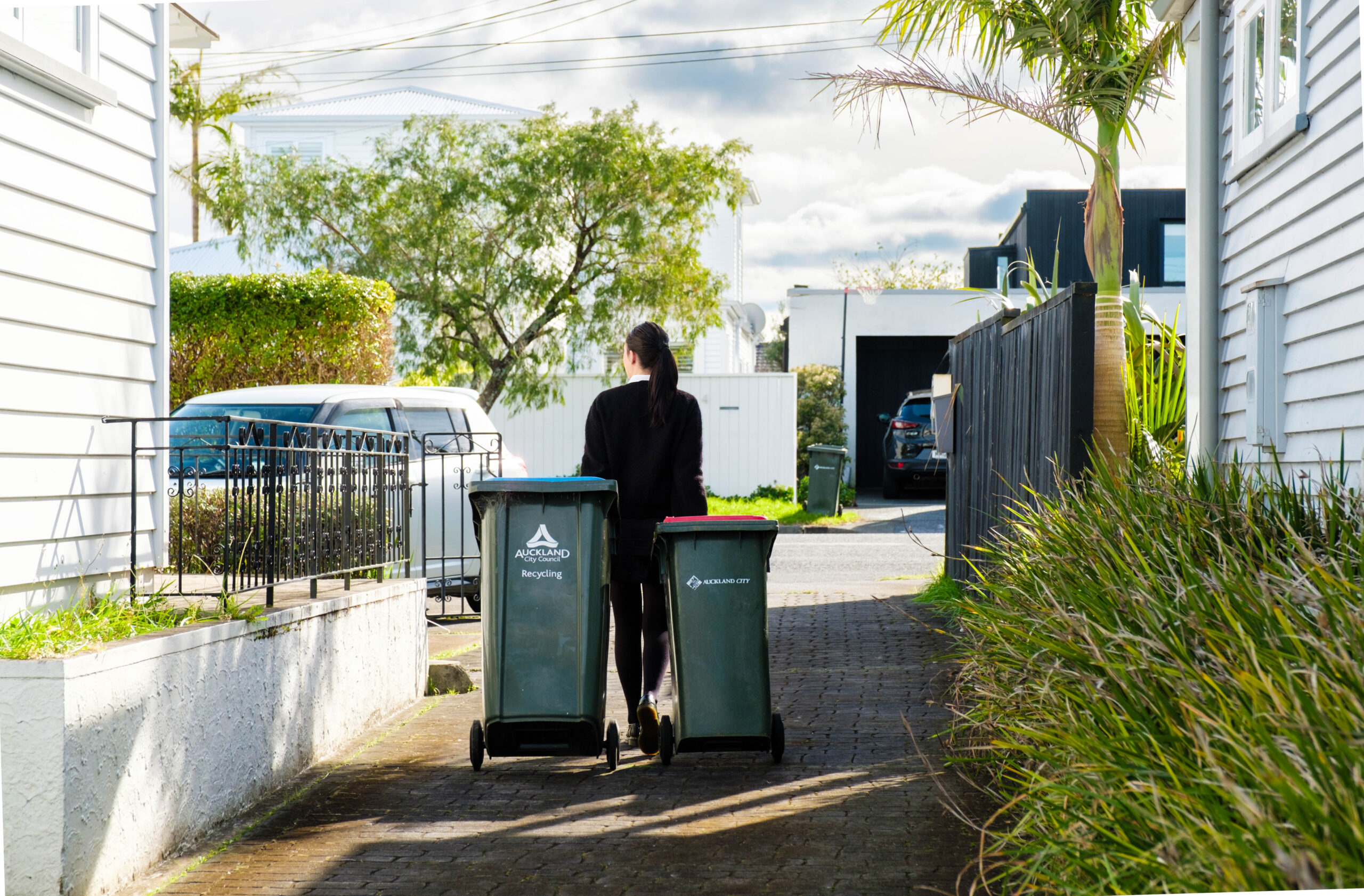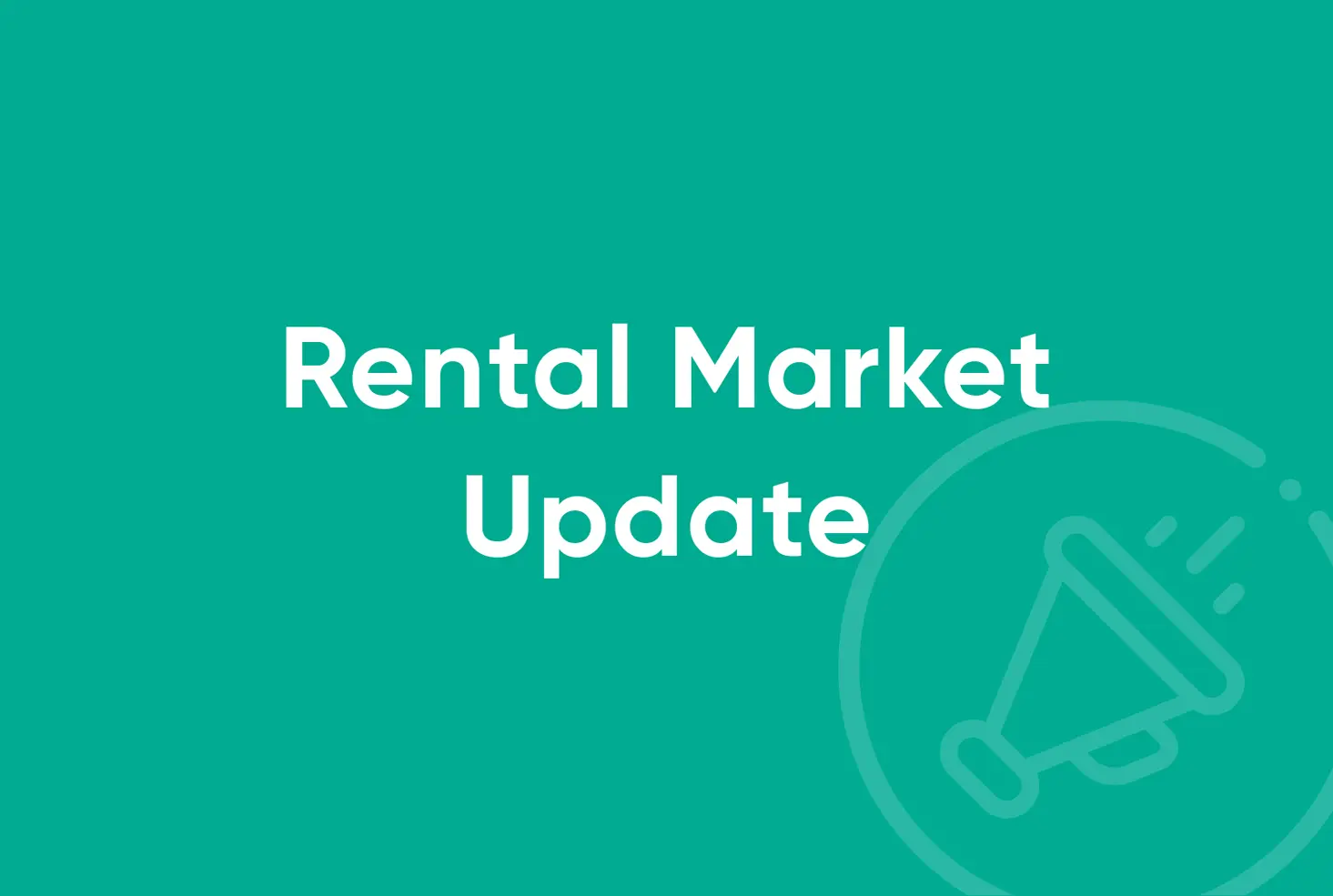The Basics of Commercial Property Management
Are you considering investing in commercial real estate or already own commercial properties? If so, understanding the ins and outs of commercial property management is essential for ensuring the success of your investment.
What is Commercial Property Management?
Commercial property management involves the management of tenants, lease agreements and maintenance, for properties that businesses use to operate from.
Differences Between Residential and Commercial Property Management
Property Types
- Residential Property: Involves managing individual homes or apartments
- Commercial Property: Encompasses a wide range of properties, such as office buildings, retail spaces, industrial facilities, hospitality, and more.
Tenants
- Residential Property: involves one-on-one relationships with individual tenants or families.
- Commercial Property: involves dealing with commercial tenants, which may include individuals, small businesses, or large companies.
Lease Terms
- Residential Property: Often shorter-term leases (6-12 months initially, then ongoing periodic).
- Commercial Property: Leases tend to be longer-term, spanning several years. The lease can affect the value of a commercial property, so it’s very important.
Day-to-Day Operations
- Residential Property: Focuses on individual tenant needs and maintenance.
- Commercial Property: Maintaining commercial spaces, can involve the maintenance of machinery and chattels.
Types of Commercial Property Management
Commercial property management can vary significantly based on the type of property involved. Here are some common categories:
Office Space Management
Managing office buildings and ensuring they meet the needs of corporate tenants.
Retail Property Management
Overseeing retail spaces, malls, and shopping centres; with a focus on attracting and retaining retail tenants.
Industrial Property Management
Managing warehouses, manufacturing facilities, and distribution centres; often requires specialised knowledge.
Mixed-Use Property Management
Handling properties that combine commercial, residential, and retail spaces.
What Does a Commercial Property Manager Do?
Commercial property managers play a vital role in the success of commercial properties. Their responsibilities include:
Tenant Management
Liaising with commercial tenants, addressing their needs, and handling lease negotiations.
Risk Assessment
Evaluating potential risks and developing strategies to mitigate them, such as property insurance and security measures.
Day-to-Day Operations
Managing common areas, maintaining the property, and ensuring it complies with regulations.
Commercial Leases
Drafting, enforcing, and renewing commercial leases, ensuring they benefit both the property owner and tenants. Negotiating and setting the terms.
Financial Management
Overseeing budgets, collecting rent, and handling financial reports. Presenting reports to property owners.
Property Maintenance
Coordinating maintenance, repairs, and renovations as needed.
Compliance
Knowing the laws, and ever-changing regulations and obligations; and ensuring no rules or laws are broken. Ensuring annual BWOFs are obtained.
How to Find the Best Property Management Company?
Choosing the right property management company is crucial for the success of your commercial investment. Here’s how to find the best one:
Research: Look for experienced and reputable property management companies in your area. Read reviews, ask for referrals, and check their track record. What is their Google score?
Interview: Meet with potential property management companies to discuss your property’s needs and expectations. Ask questions about their experience and services. Who are some of their current clients?
Fees and Contracts: Understand their fee structure and contract terms. Compare multiple proposals to ensure you get a fair deal. Is what they are asking for a reasonable price? Not too little or not too much? A good commercial property manager will negotiate lease terms where the tenant pays the property management fees.
Technology: Inquire about their use of property management software and technology to streamline processes and provide accurate reporting. Do they invest in the latest technology?
References: Request references from their current clients to get insights into their performance and client satisfaction. Do their current clients recommend them?
How much are commercial property management fees in New Zealand?
The fees for commercial property management in New Zealand can vary widely depending on several factors, including the location of the property, the size of the property, the services provided by the property management company, and the specific terms of the management agreement.
Property management fees in New Zealand can be structured in several ways:
Percentage of Rent
Many property management companies charge a percentage of the monthly rent collected from the tenants. This percentage can range from 5% to 10% or more of the rent, depending on the services offered.
Fixed Monthly Fee
Some property management companies charge a fixed monthly fee, which may be based on the size or complexity of the property and the services provided. This fee can vary significantly.
Additional Fees
Property management companies may also charge additional fees for services such as advertising and marketing, tenant screening, property inspections, maintenance coordination, and lease renewal.
Leasing Fee
When a property management company finds a new tenant for a vacant commercial space, they may charge a leasing fee, which is typically a percentage of the first month’s rent.
It’s essential to discuss the specific terms and fees with potential property management companies before entering into an agreement. Be sure to ask for a breakdown of all fees and any additional charges that may apply. Additionally, consider getting quotes from multiple property management companies to compare their pricing and services to find the best fit for your commercial property management needs. Keep in mind that fees can vary not only by location but also by the level of service and expertise offered by different companies.
If you have a commercial property and you would like a quote from Aspire, contact us now, and we’ll get back to you ASAP.








